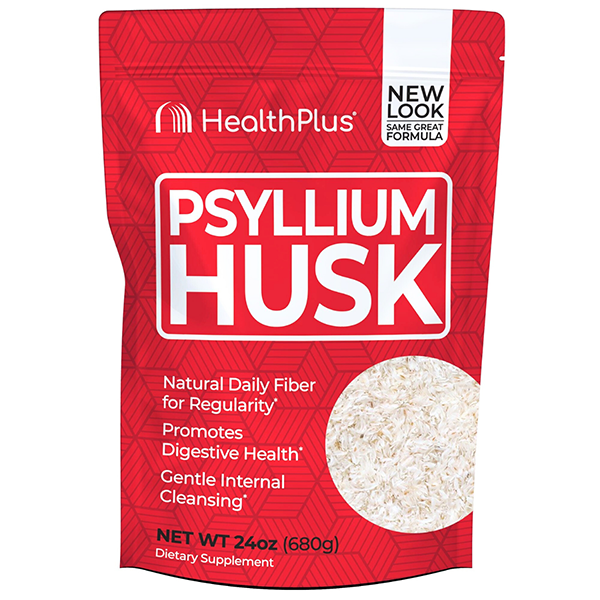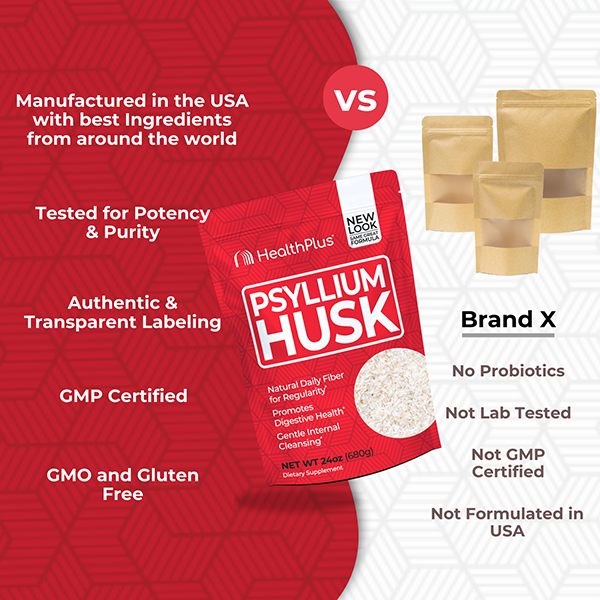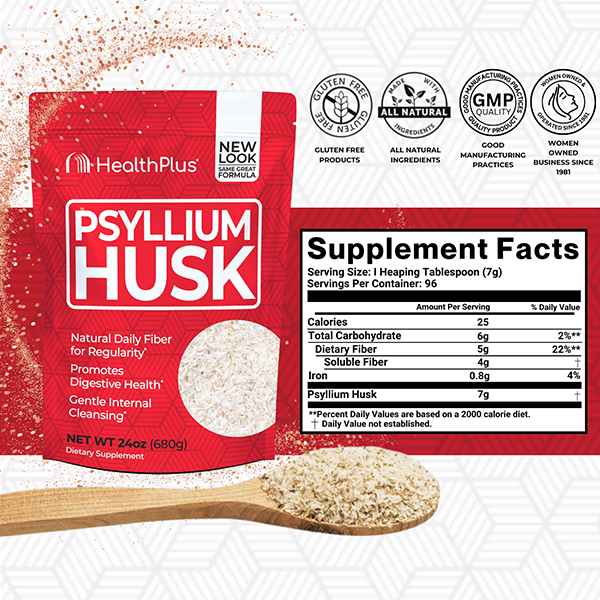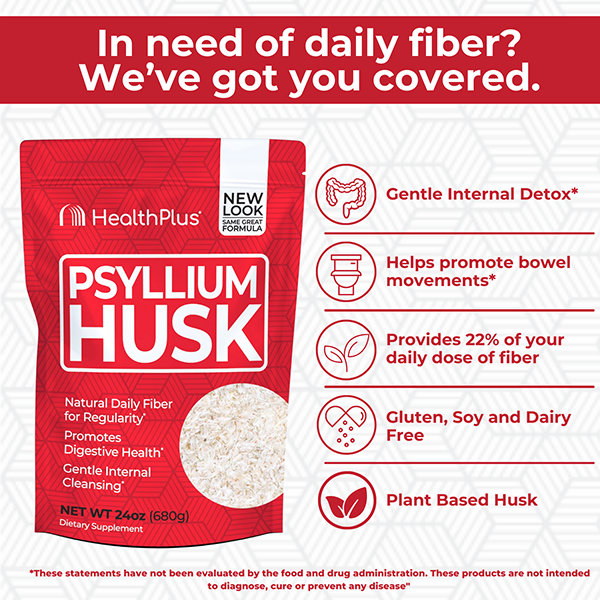Constipation: Common Causes & Cures
By Health Plus

Constipation IS the most frequent gastrointestinal complaint in the US. according to the American College of Gastroenterology 2.5+ MILLION PEOPLE SEEK TREATMENT FOR CONSTIPATION ANNually.
What is Constipation?
Although different for everyone, a bowel movement is typically a routine occurrence. Some experience a bowel movement like clock work while others ‘go’ less frequently adding up to several times a week. If everyone’s system is different, how can you be sure you are constipated? Constipation is generally described as having fewer than three bowel movements a week, in conjunction with symptoms that include:
To understand why we become constipated, we first need to know how our body processes what you eat. As food passes through the digestive tract, the colon absorbs nutrients and water, leaving behind partially digested food. This undigested food usually takes less than two hours to reach the colon, but may take up to five days to be expelled. The longer the waste sits in the colon, the drier and more solid the waste becomes making it increasingly difficult for it to move through the colon. The result of this impacted waste is constipation.
common causes of constipation
Most people will experience constipation at some point in their lives. The most common causes of occasional constipation are due to:
To ensure your system stays on track, there are several natural ways to help regulate your bowel habits. First and foremost is to eat more fiber. The National Dietary Guideline recommends that adults get 25 to 31 grams of fiber a day. Your diet should include food that provides both insoluble and soluble fiber.
difference between insoluble fiber & soluble fiber
Foods high in insoluble fiber include vegetables, fruit, whole grains, bran, and beans. But since insoluble fiber does not break down completely as it passes through the digestive tract, it is best to include some soluble fiber in your diet as well. Flaxseeds, prunes, figs and psyllium husk are great sources of soluble fiber.
Psyllium, in particular, is one of the best choices for treating constipation. A recent study found psyllium to be 3.4 times more effective than insoluble wheat bran for constipation. Psyllium is a form of fiber made from the husks of the plantago ovata plant seed and has been used for centuries to aid digestive and heart health. It supports the digestive tract by absorbing water and fluids within the colon to form a gel-like substance. This bulky gel helps provide moisture to the fecal matter to help ease its passage.
Fortunately, most cases of occasional constipation are managed with healthy habits and by being consistent in daily routines. To naturally relieve constipation, eat a well balanced diet with plenty of fiber, drink lots of water, stay as active as possible and perhaps most importantly – when you feel the urge, stick to the schedule and go.
Products that assist with constipation:







Pure Psyllium Husk Bag 24 oz. Powder
Sources
https://www.medicalnewstoday.com/articles/324254
https://www.medicalnewstoday.com/articles/318694
https://my.clevelandclinic.org/health/diseases/4059-constipation
Dietary Guidelines for Americans, 2015-2020 External link(PDF, 10.3 MB). 8th ed. Published December 2015. Accessed May 1, 2018.
https://www.niddk.nih.gov/health-information/digestive-diseases/constipation/treatment
https://gi.org/topics/constipation-and-defection-problems/
https://www.aboutconstipation.org/what-is-constipation/normal-function.html https://pubmed.ncbi.nlm.nih.gov/31764399/




